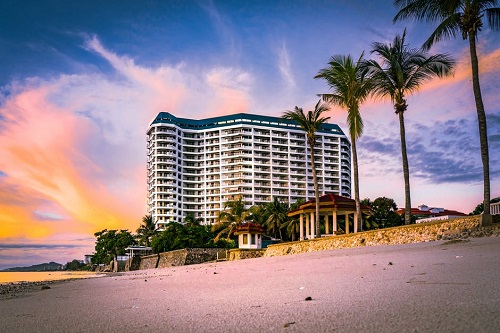

The rise in visitors to theme parks, cultural attractions, Expo 2020 and in affordable hotels has put Dubai's hospitality industry on track for continued growth past 2020.
New tourism incentives, like rising service standards, new attractions along with renovations of operating venues and the introduction of brands, are forecast to attract new tourists and boost average length of stays. Meanwhile, further investment in airports and hotels as well as diversification of source market are driving Dubai's growth and appeal. "As the Expo 2020 installations are repurposed, it is anticipated that the number and scale of these attractions will continue to grow. Significant tourism development such as IMG Worlds of Adventure, Dubai Parks and Resorts and cultural attractions like The Louvre in Abu Dhabi, are expected to steadily attract leisure travelers for the decade beyond 2020," Sidharth Mehta, partner and head of building construction and real estate at KPMG Lower Gulf, said in a statement.
According to Christopher Lund, associate director for MENA at Colliers International, the growth in demand from source markets India and China are key factors in Dubai's tourism industry growth. The rapidly growing middle class of both countries has allowed the number of passport holders to surge, allowing for increased ability for international travel. Dubai's introduction of the new visa procedures for Indian and Chinese nationals allowed tourist numbers from these countries to gain double-digit growth.
The emirate welcomed 15.8 million tourists in 2017. Analysts predict the number of tourists will reach 20 million by 2020. This rise has forced the diversification of demographics in the emirate, according to data from KPMG. The number of tourists arriving from China, Russia, Southeast Asia, Latin America and Sub-Saharan Africa has increased since last year.
Copyright 2006-2025 Shanghai Sinoexpo Informa Markets International Exhibition Co., Ltd. All rights reserved